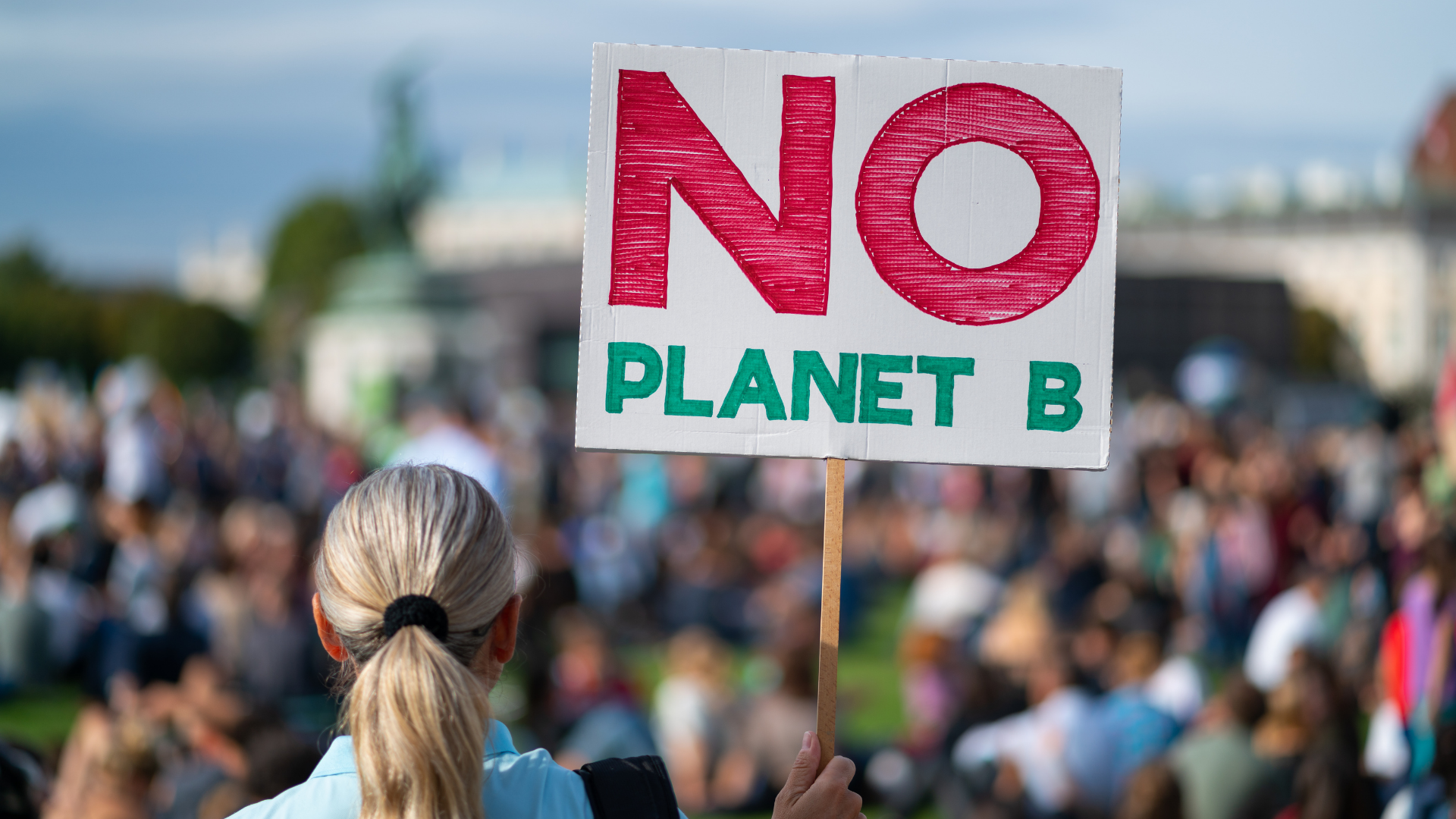- 11.07.2019
- Ecological justice
- Array
As the Asian Infrastructure Investment Bank (AIIB) meets in Luxembourg for its fourth annual meeting, 47 civil society organisations (CSOs) from around the world have sent a letter to the bank’s President, calling on the AIIB to start addressing the climate crisis by stepping away from fossil fuels and support renewable energy for all.
Dear President Jin Liqun,
As the Asian Infrastructure Investment Bank (AIIB) meets for its Annual General Meeting in Luxembourg, we call on the bank to make explicit its plans to address the climate crisis, including alignment with the Paris Agreement on climate change.
In the year since the last AIIB Annual Meetings, the evidence of the scale of the climate crisis has mounted. Significantly, the most recent report from the IPCC confirmed that the impacts of climate change are already underway and warned that “rapid, far-reaching and unprecedented changes in all aspects of society” are required to limit global warming to 1.5°C.
We welcome the AIIB’s involvement in the Multilateral Development Banks’ (MDB) efforts to align their activities with the goals of the Paris Climate Agreement. The AIIB’s emphasis on the importance of renewable energy in the 2017 Energy Sector Strategy (ESS) is also encouraging. As a post-Paris bank, the AIIB has an opportunity to lead a race to the top.
However, the AIIB is lagging behind other financial institutions. In contrast to other MDBs, the AIIB has not yet made public a plan for how it will address the climate crisis. Despite claiming to be a “green” bank, there is little evidence of how the AIIB is seeking to ensure that its policies and operations support efforts to address climate change, rather than undermining them. The failure of the ESS to exclude funding for coal and its emphasis on reliance on natural gas is of deep concern.
The implications of the lack of a coherent climate plan are evidenced in the AIIB’s portfolio. To date only 8% of the AIIB’s total investments have gone towards renewable energy, a figure vastly outstripped by its investments in fossil fuels, currently at a fifth of the total portfolio. This translates into almost 60 per cent of AIIB’s energy sector investments going towards fossil fuels and just a fifth going to renewable energy. This figure excludes funding through financial intermediaries (FIs), which would boost the fossil fuel total still further.
As an example, despite the AIIB having approved over $400 million in funding to Bangladesh, one of the world’s most climate vulnerable countries, none has gone towards renewable energy. Instead, the AIIB has funded a greenfield natural gas and diesel power plant and a host of other gas and heavy fuel oil plants supported by a sub-investment in Summit Power International through the AIIB’s investment in the IFC Emerging Asia Fund, an FI.
It is time for the AIIB to take a proactive stance and ramp up its support for renewable energy as well as for energy access, prioritising the needs of energy-poor communities. This should include support for decentralised renewable energy, clean cooking solutions and support for the communities living in the so called ‘last mile’, far away from the grid– steps proven to also address gender inequality.
We call on the AIIB to make explicit its goals and targets for ensuring the AIIB upholds its commitment to being “green” and addressing climate change by:
- Developing a climate change action plan, with clear and ambitious goals and targets for how the AIIB will align its policies and operations with the Paris Agreement and its goal to limit global warming to 1.5°C. This should be done in collaboration with stakeholders, including civil society.
- Ruling out any financing for coal, including ensuring that none of AIIB’s investments results in an increase in coal use, whether for power generation or industrial uses and associated facilities, such as transmission lines and railways or ports primarily meant for the transportation of coal.
- Setting out a road map for shifting investments from fossil fuels to renewable energy by 2020, including matching the World Bank’s commitment to end financing for upstream oil and gas. This should include an institutional wide cap on all greenhouse gas and carbon emissions financed by the AIIB.
- Implementing an exclusion list, including mitigation measures linked to false climate solutions causing extensive social and environmental harm, such as ‘clean coal technology’, carbon capture and storage, large hydropower dams and geothermal projects.
- Closing the fossil fuel loopholes in FI lending, including requiring all FI clients to track and disclose coal and other fossil fuel investments; not investing in clients with more than 5% portfolio exposure to coal; and investing only in FI clients who commit to develop a portfolio decarbonisation plan within a year of investment, which aims to achieve emissions reductions in line with targets set under the Paris Agreement.
- Committing to investment in energy access and scaling up decentralised renewable energy, clean cooking solutions and innovative business models to provide access and control for “last mile” communities. The AIIB should set ambitious energy access targets at portfolio and individual investment level.
We thank you for your attention to this urgent matter and look forward to a continued dialogue on how the AIIB can move from rhetoric to action in tackling the climate crisis.

